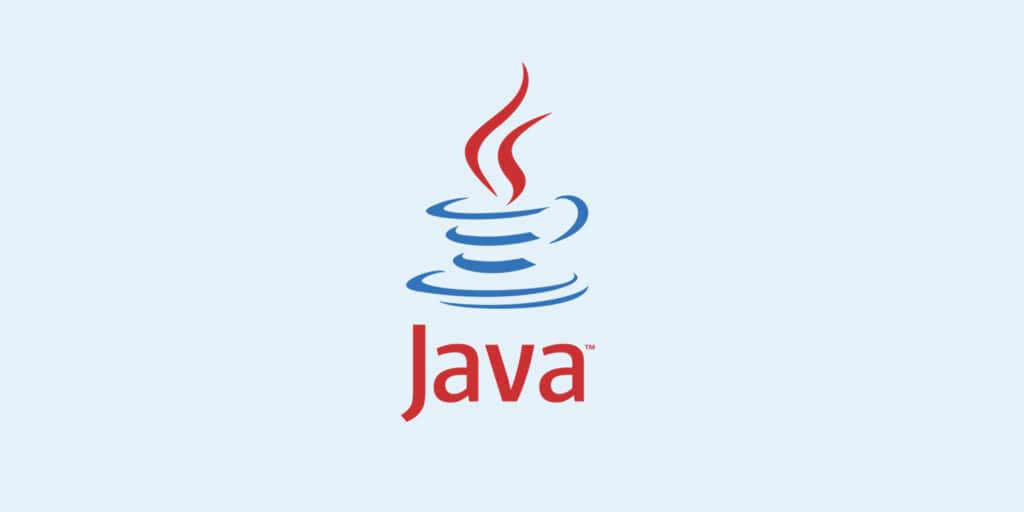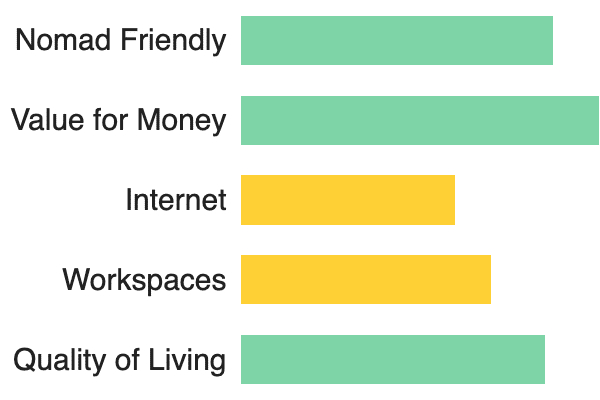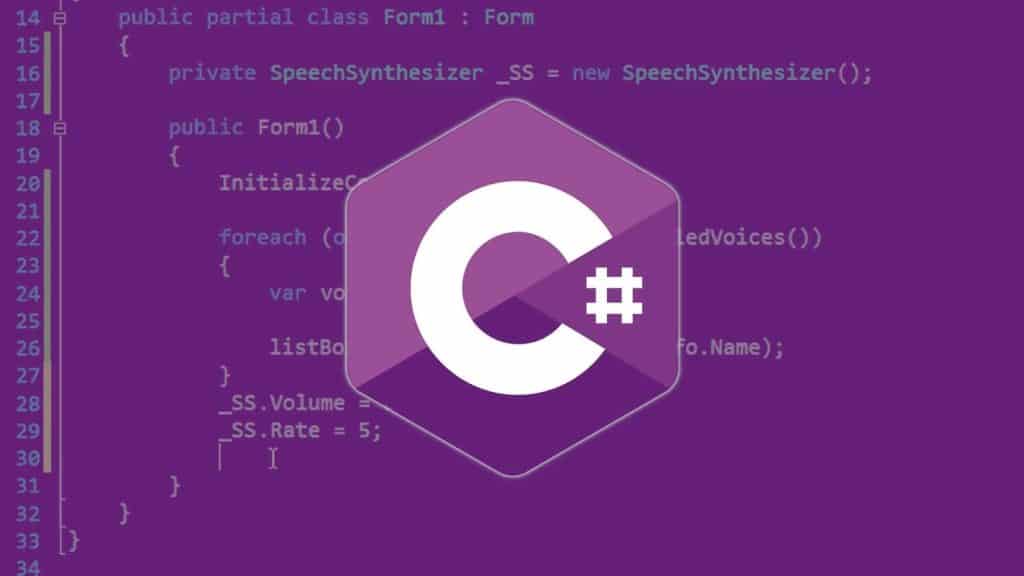
Java
What is Java Software?
Dating back to the 80s, Java is one of the oldest programming languages still going. Chances are you’ve probably already heard of it, even if you are new to programming. Java runs huge sections of the internet and has done for decades now. This makes it one of the leading languages for web developers.
With 89% of computers in the United States operating on Java, it’s easy to see just how popular the language is. But if it’s so old, why is it still a firm favourite? Java has been constantly updated throughout the years, allowing it to adapt with the times. This has created a dynamic language with every possible feature you can think of.
When it was first released, Java was designed to replicate C++ – but with one key difference; Java is much easier to use! As computing (and eventually the internet) became more widespread, the need for a simpler coding language grew. It still uses much of the same syntax as C++ but takes a lot less time to learn.
That being said, because it uses the same syntax as C++ (and therefore Javascript, C and C#) it is a great entry-level language to coding. It’s possible to fully learn most of Java in just a few months. This makes it easier for you to pick up more computing languages as your skillset grows. If you’re looking to get your foot in the door as a developer, you can’t go wrong with learning Java alongside the basic languages.
How is Java used in development?
Those of you who were internet users in the early days will know that Java formed the backbone of internet software. You couldn’t run a video or join a chatroom without downloading Java software. Though the online ecosystem is much more diverse these days, Java is still an important language used by a variety of programmes, applications and websites.
Where HTML is used for static web pages, Java is the preferred choice for dynamic web pages. This makes it a really useful language for web development. Though JavaScript has overtaken it in popularity, some older websites work perfectly well using Java. These websites still need regular maintenance, so you’ll find plenty of work with more established companies.
Whilst JavaScript might be the most popular kid in town for websites themselves, Java still reigns supreme when it comes to web apps. You know those little plug-ins you can add to Chrome, Firefox and other browsers? Many of these are designed using Java. It’s such a simple language that setting these up is a breeze.
This simplicity has allowed it to spill over into mobile apps. More complex applications will require other languages, but Java is super important for basic mobile apps (especially on Android). Chances are you have at least a couple of apps that use Java on your phone right now. Even if you don’t, there will be background processes on your mobile browser that run using Java.
How to become a Java software developer?
As with any software development role, you’ll have to start using the basics. Whilst Java is necessary for more dynamic websites, you’ll need to figure out how to design static websites to start with. HTML and CSS form the basis of all coding languages and are an important starting point for any wannabe coder.
Once you’ve got the basics nailed down, Java is one of the easiest languages to learn. It was specifically designed as a more manageable alternative to C++ and uses much of the same syntax. Even if you opt to choose another language to specialise in later, your knowledge of Java will make picking these up much easier.
Ultimately, nobody these days only uses Java so you’ll have to think about what other languages would be useful. If it’s for app or games development, you can’t go wrong with C++. JavaScript forms the basis of most modern websites, whilst Python is king if you’re designing the backend. If you want to use Java, you have to be prepared to learn other popular development skills along the way.
As with most coding languages, Java has a fantastic online community. You’ll find numerous forums online of people who have been working with Java for years, as well as fellow newbies looking to build their skills. YouTube has an endless array of online tutorials to help you get to know the language and its applications better. Beyond that, you’ll also find some great structured courses to help you learn faster. These also tend to be cheaper than other coding courses.
What jobs require knowing Java?
Java is such a long-established coding language that you’ll likely encounter it in most development roles. Whilst you certainly don’t need to be a Java expert if you’re focussing on other kinds of development, it helps to have a passing knowledge of how it works. Java and C++ form the basis for many of the most used languages today and their shared syntax is widespread, from C# to Python.
 In general, web development is the main career strand for those that know Java. Whilst it is losing popularity with websites, it is still hugely important for web apps and background software. Think about how many browser add-ons you use on a day to day basis, you’ll find most of these use Java.
In general, web development is the main career strand for those that know Java. Whilst it is losing popularity with websites, it is still hugely important for web apps and background software. Think about how many browser add-ons you use on a day to day basis, you’ll find most of these use Java.
If you’re looking for more of a maintenance than a development role, Java will get your foot in the door with some of the more established companies. If it ain’t broke don’t fix it. Many companies that started using Java decades ago have found it still works perfectly. In these kinds of roles, you’ll need to keep connected with the Java developer community for updates. Some of these updates might change the way the website works.
Outside of web development and maintenance, there aren’t many roles involving Java but it can be a super helpful tool to know if you’re working in PC gaming or tech. Marketing teams in older companies also benefit from having members that understand Java. Digital marketing goes hand-in-hand with website maintenance, so you should have a little bit of coding experience under your belt.
Average Java salary with different levels of experience?
Java Developer salaries are on the lower end of the scale which in many ways reflects the decline in its usage on websites. With about five years of experience, you can expect to earn around $50k. Ten years of experience will push this up slightly to $60-65k. It’s rare to find entry-level Digital Nomad jobs requiring just Java these days, but you would be looking at around $35k.
Thankfully, there’s still some money in Java if you are pairing it with other languages, most notably Python and C++. You can check out our guides to those for starting salaries. If you have knowledge of Java alongside these, you can look to increase your earnings by around $15k.
Java is the predecessor to JavaScript and whilst the latter is now the most popular for web development, it’s super handy to know both. Full-stack web developers generally know JavaScript alongside HTML and CSS, and this is all you need for building a website. Knowledge of Java, however, will boost your skills and allow you to work with web apps associated with the website. This could potentially add an extra $20k onto your salary as a full stack web developer.
But what about freelancing? When it comes to Java, this is actually where the money is. Why? Well, there are far more maintenance jobs than development jobs with Java within website development, so you’ll find a fair few temporary roles. Combining Java with knowledge of a couple of other languages allows freelancers to earn up to $100k per year with a steady stream of clients.
How common is using Java amongst digital nomads?
It’s falling out of fashion with new developers as a whole, not least digital nomads. This doesn’t mean it is worthless, companies still need Java developers! The jobs do pay less, however, so you should keep that in mind when deciding whether or not it’s worth learning Java.
We think it’s worth it if you already have skills in other languages. It has more value in increasing your existing income than it does in getting you into a high paid role. Website developers, in particular, should seriously consider adding Java to their toolbelt.
The great thing about Java for digital nomads is that it is really easy to learn on the road without paying much. It’s still pretty common for Android apps, many of which are built using open-source software. You’ll need an internet connection, but these are free to use and can help you build a coding portfolio.
Java is one of the major building blocks of the internet. Whilst it has given way to other languages over the past few years it is still a key pillar to web and app development. If you’re looking to upskill, Java is an extremely useful tool to supplement your income.











Responses